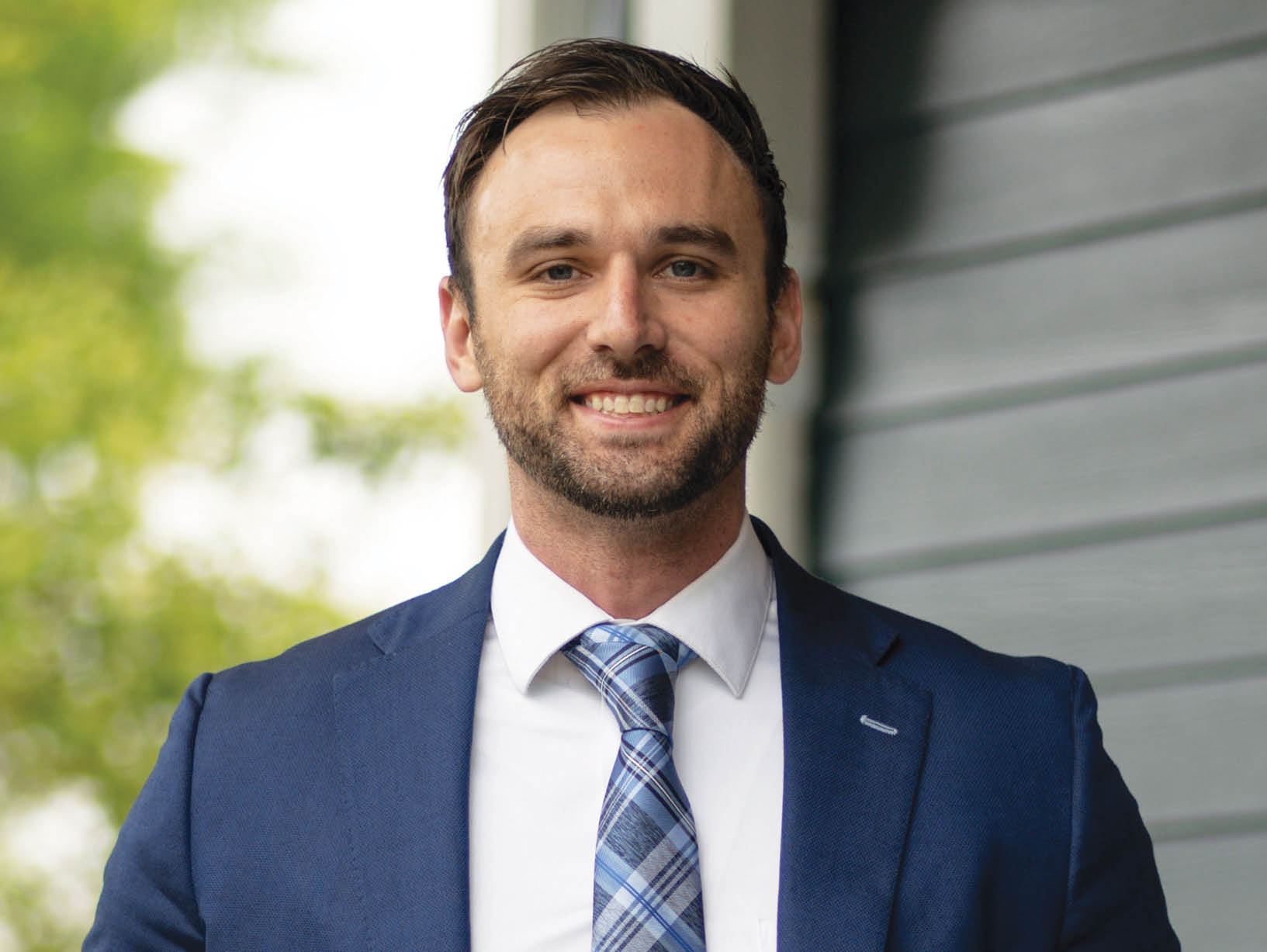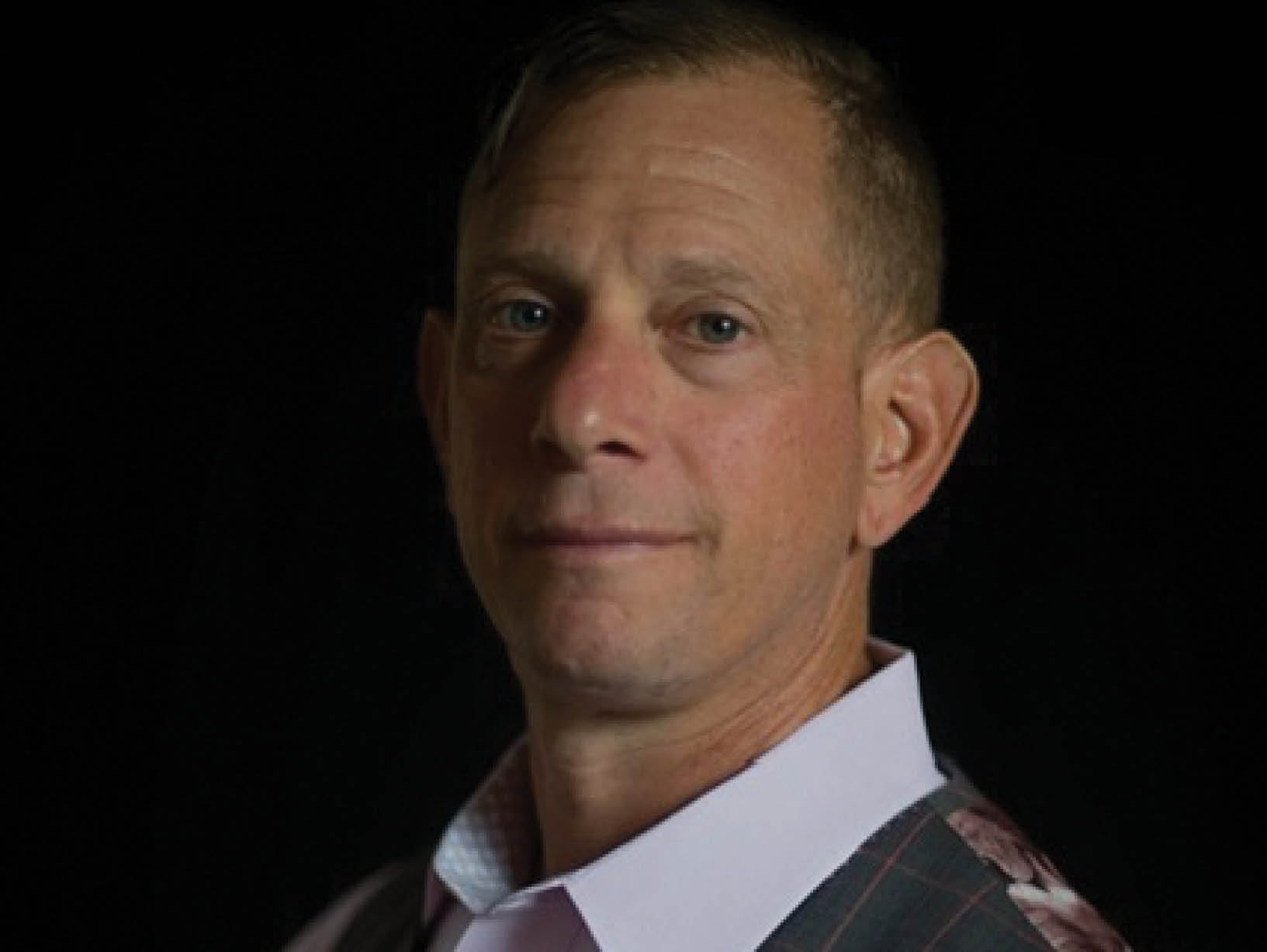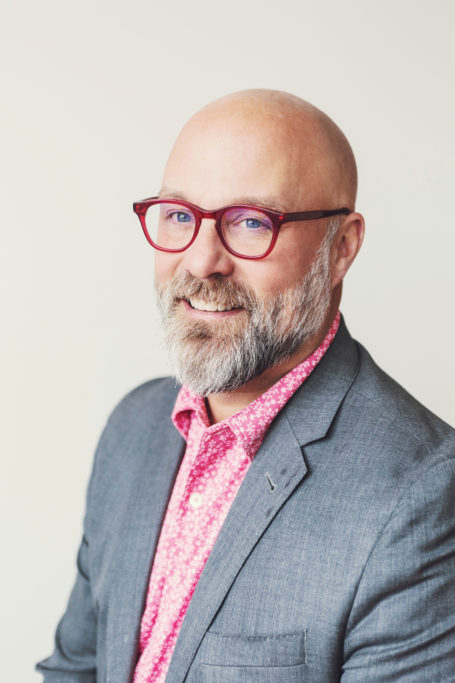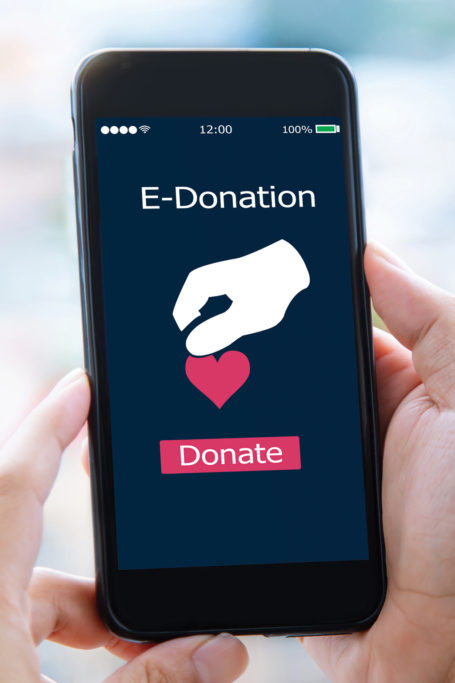The Power of Resilience
It’s been said that true character isn’t revealed in public but in private: in what you do and say when nobody’s watching. The same is true about good times and difficult ones. Anybody can be happy when things are going great, but it’s during tough times—when things are most dire—that strength and resilience are found.
Most business owners can relate to this. You likely know, either from personal experience or shared experiences, that a company’s struggles can be totally self-inflicted or random. The common thread is having a steely will to overcome them, as these two stories convey.

Stephen Acree
Stephen Acree, a real estate agent and owner of Acree Brothers Realty in Lynchburg, Virginia, was riding high with his new business when disaster struck: four of his agents, including his top three, quit. He reveals how that led to soul-searching and a new business approach.
I had a great plan, or so I thought. I was determined to bring on fifty agents to help them change their lives and live their dreams. But in 2021, it all blew up in my face.
By the end of the year, four of our eight agents had moved on—and three were pretty heavy hitters. As a business owner, there are plenty of times that you just want to cry in the corner. In this case, we had recently purchased our first commercial space, so we were branching out a little bit on our own. I had just gotten married. My wife kept telling me, “You’re working too much,” and yet my business was falling apart. Everything pretty much crashed down at once. I can’t tell you how heavy the weight felt at that time; it was crushing. Honestly, I wondered if it was worth the pain I was going through.
To fix things, I went back and asked myself, “What do you actually want in life?” That gave me clarity. Also, in such situations, a victimhood mentality tends to creep in for everyone. What helped me overcome that was honesty. Instead of blaming the people who left or my circumstances, I just admitted that everything that happened was my fault.
By doing so, I created the capability of fixing the mistake—if I created the problem, then I could find the solution. So what was the problem? We had become way too systems-heavy and had veered off on the wrong mission. Or, specifically, I had cast the wrong vision for the team. I had gotten so hyperfocused on that number—fifty agents—that I left the team feeling like it wasn’t about them but all about the mission of the fifty. So I focused on emphasizing what produces, and that solved the problem. In all, it was only three months of painful recovery, but at the time it seemed to last forever.
Today we’re kicking butt. We have sixteen people on our team, and our vision is to impact as many agents’ lives and create as many six-figure producers as possible. This improved vision statement has also trickled down, as some agents are sending referrals for other agents who should be on our team. Repeat and referral business is stressed; it’s where 80 percent of your business is going to come from. Most of all, it’s about a glass-half-full mindset, especially in real estate: you should never look at what’s being taken out of your pocket but always look at what’s going into your pocket and be open to learning—especially about yourself.

Matthew S. Newman
Matthew S. Newman, a senior VP of financial services, four-time TEDx speaker, author, and motivational speaker, had a far different challenge: a brain cancer diagnosis at thirty-nine. Here he discusses what he learned about life and himself and how it applies to business relationships.
I got into a car accident in 2013. The police advised me to go to the hospital, but being a type A personality, I chose not to. However, after having eleven episodes of stroke-like occurrences in the following weeks, I finally went to the hospital. At age thirty-nine, I was told I had brain cancer.
They put me in my bed and hooked me up to countless machines. I just started to cry. If you have brain cancer, you’re going to die. I started being retrospective of my life and thinking of my wife and kids. I started cursing my brains out and was ready to fight! That was it for my pity party. I immediately understood what true strength really was. It’s not how big your arms are or how much you can bench-press. It’s something deep down in your belly, and you can find it, grab it, and own it. At that moment, I had no doubt I was going to beat cancer.
As a financial wholesaler, I believe the job of the financial advisor is to be there when things are bad, to give people good news during difficult times, and to have a plan in place in advance of the bad. It was time to make sure I had everything in place. I checked my will, POA, life insurance, and other financials. Nothing financially would put my family in a difficult situation that I couldn’t fix. It’s not about just the investment; it’s about filling out basic legal documentation so you can take on the battle in front of you and not leave behind a horrible situation for the people you love the most. In short, it removes the angst of would’ve/could’ve/should’ve for everyone. After all, cancer doesn’t care about your long-term plans or what you’re doing tomorrow.
I also learned that the greatest life lessons happen in the deepest and darkest of times. You’re given a gift: a new perspective to see things through. When we’re young, we all have this Teflon feeling, as if nothing can happen to us. Sometimes we need the challenge of life-altering events to see life through a new set of lenses.
It can also strengthen relationships. I would write emails about my newfound perspective and appreciation of life as a catharsis for the fear and anxiety that accompany cancer. The feedback was unexpected and humbling, so
I decided to write a book about my experience with brain cancer called Starting at the Finish Line. I had no marketing plan, no ghostwriter, and no publisher. I did it for me. And it became a bestseller. It validates that people who have taken on unasked battles find support in knowing they’re not alone on their journeys. Within weeks of the book coming out, I was connecting with people around the world on social media.
Similarly, business is all about relationships. I’m not talking about superficial ones, such as giving out tchotchkes. Through business, we all have a unique opportunity to inspire others, grow optimism, and connect deeply with people. But as important as business relationships are, they pale in comparison to family. My father-in-law, who was battling pancreatic cancer when I was diagnosed, was an inspiration to me. My wife was (and still is) a rock—she took care of me with brain cancer, her father with pancreatic cancer, and three children under five. I am honored to be her husband.
Most of all, I appreciate living in the moment and appreciating the now. Our most valuable asset is our time. Whatever we waste we can’t get back, and we only have a finite amount of it.
Take Action:
Brainstorm for ten to fifteen minutes to assess your resilience, and then jot down ideas for strengthening it to help better your company.









